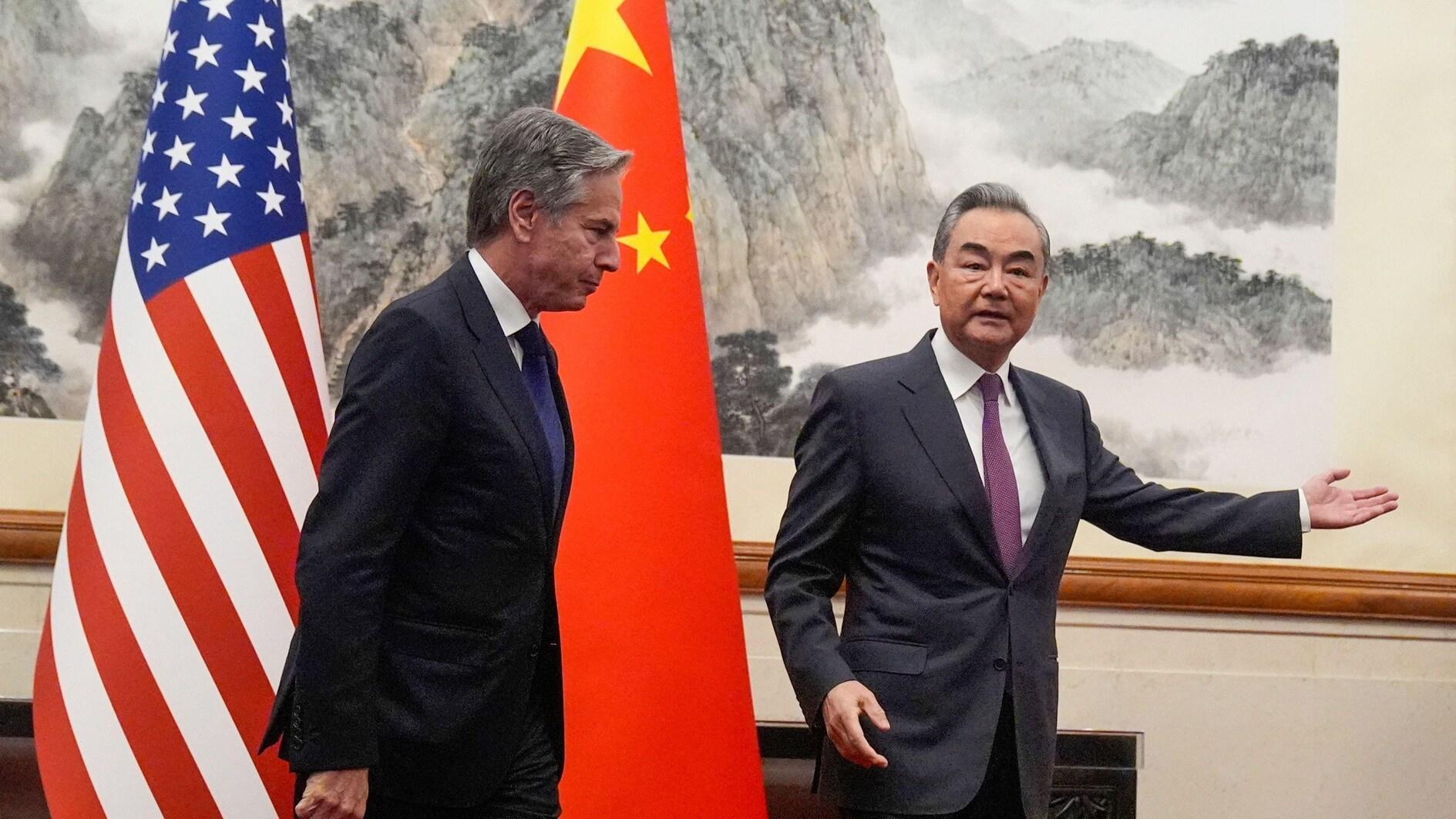Fine, then … India, Japan and Israel in the UNSC?
Tragically, and in his own words, Turkish President Recep Tayyip Erdoğan thinks (or pretends to think) that “the primary reason behind terror in Turkey is to prevent Turkey from getting into the world’s top 10 economies.”
In fact that diagnosis explains why Turkey must still fight the war it has been fighting since 1984 – wrong diagnosis. But it does not explain if Turkey, three decades ago, was also heading for the top 10 list but was barred by a global network of conspirators who all of a sudden sparked terrorism on Turkish soil. So it was all because the world’s top 10 economies did not want Turkey on the list; they held secret meetings and decided that the best way to stop Turkey’s rise was to plot terror in a land that was best known for its peaceful past?
But then, ironically, Mr. Erdoğan also thinks that Turkey (or a Muslim) country should be sharing the same seat and powers as the same countries that are most probably the culprits of the global plot against Turkey: The United Nations Security Council (or the five permanent members of the UNSC).
In a recent speech, Mr. Erdoğan renewed his famous “the-world-is-greater-than-five” dictum. “There is no Muslim country among the five – all of them are Christian, non-Muslim. What is that approach? Is it fair? It’s not!” he roared, reminding everyone that he wants a Muslim member state at the UNSC “only to make the world fair” (not to be confused with the fact that Mr. Erdogan is Muslim).
Just smile and forget the fact that Mr. Erdoğan thinks that permanent member China is a Christian country.
There may be a boom in the number of house churches in the country but I have not read about the Communist Party declaring the country’s official religion to be Christianity.
If not five, what does the world equal, then, in Mr. Erdogan’s thinking? All 193 U.N. member nations as permanent members of the Security Council, all with veto powers? That would not be practical. Then, one country representing each monotheistic faith? Is Mr. Erdoğan implying that he wants Israel as a permanent member?
Should China and North Korea spell each other off and represent the atheist seat? Then the new UNSC should have India as a permanent member representing Hinduism and Japan representing Shintoism.
But the Muslim representation in UNSC could be more problematic than Mr. Erdoğan envisages. To begin with, which Islamic sect should win a seat at UNSC? Sunni or Shiite, or both? If it would be Sunni only, would that not go against Mr. Erdoğan’s preaching that all faiths must be represented? So, it will be Iran and a Sunni permanent member. But which Sunni country? It is not too hard to guess Mr. Erdoğan’s idea on the ideal candidate. But what would be the fair criteria? The world’s “most Muslim Sunni country?” Sadly science has not yet invented a Muslim-meter.
One natural candidate could be Saudi Arabia, the custodian of Islam’s holy place. It would also be fun to have both Saudi Arabia and Iran sitting on the UNSC together and in peace – and with Israel, too.
Another criterion could be to nominate the most populous Muslim country in the world. That would point to Indonesia and even Pakistan and Egypt would come before Turkey. Not just that: India where, according to the 2011 population census, the Muslim population is twice as big as Turkey, would be a far better candidate than the Crescent and Star.
Mr. Erdoğan complains that all five permanent members are Christian but since in the new “faith-based setting” there will be Sunni and Shiite members, what if the Christians want representation on the grounds of Catholic, Orthodox and Protestant (and other) faiths? What about the animists in Africa? Or Zoroastrians – for whom Mr. Erdoğan has never hidden his deep disdain?
And, by the way, are we talking about a security council or a world congress of the faithful including those with faith in no faith?










